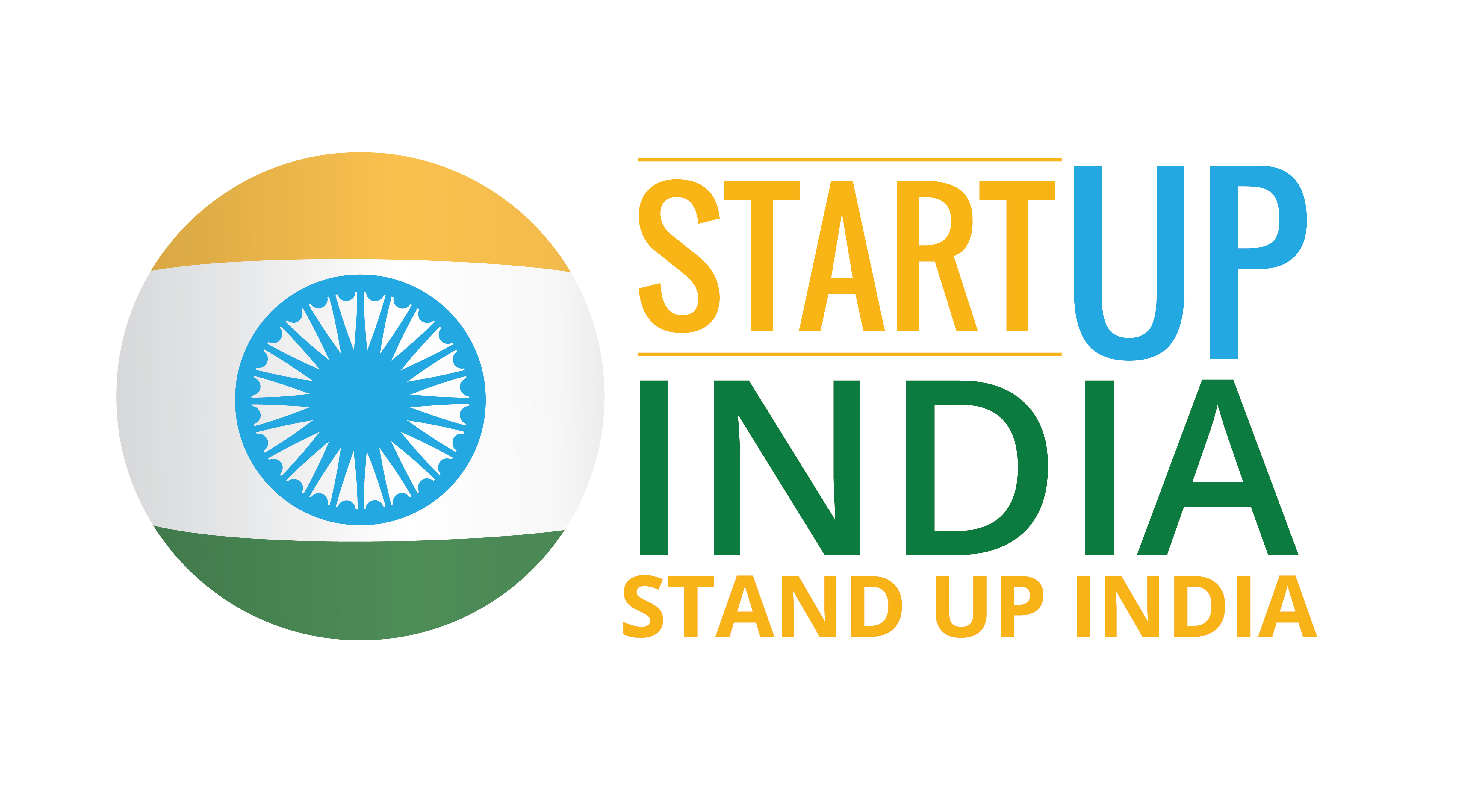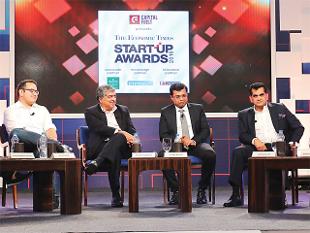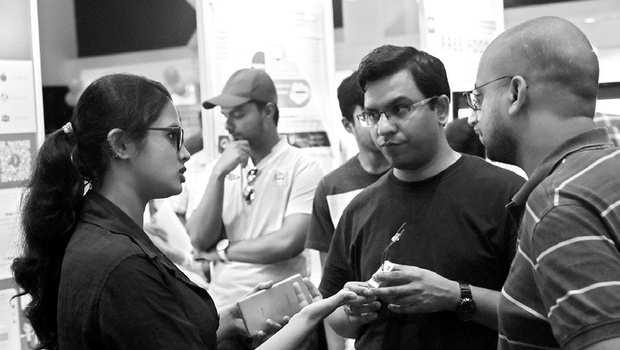The desire to change the world drives successful entrepreneurs. They are the ones who love the journey more than the destination. Capturing the reality behind the balloon of ‘Startup India’, Suveen Sinha wants the world to read his latest book ‘Tip of the Iceberg’ and believes, “Anyone thinking of setting up their own company or in any way interested in the start-up revolution sweeping the country should read my book to know the reality and the romance of it, to know what it really takes. At times it is extremely rewarding, but not always.”
A journalist for about 21 years, Suveen Sinha discusses all you would ever want to know about startup India!
While others believe that the era of startups is about to end, but you say that it is just the tip of an iceberg.
One and a half to two years ago, a lot of people in India wanted to be Steve Jobs. So I started meeting Indian entrepreneurs to see if they had gone through the kind of ordeals Jobs had faced, or if they had it in them to survive those ordeals. After all, being an entrepreneur entails constantly worrying about money, sacrificing your personal life, and the responsibility of other people’s lives and families.
Avnish Bajaj went to Tihar, Vijay Shekhar Sharma used to go back to his house only in the dead of the night to avoid the landlord, Kunal Bahl scraped plastic off things at a factory for Rs 6,550 a month, Phanindra Sama had to take refuge in Vipassana, Mu Sigma founder Dhiraj Rajaram went to a dinner on a day he had three of his wisdom teeth taken out because he did not want to miss the deal. I found fascinating stories of bleak struggle, abysmal failure, and astounding success.
All the people I mentioned bounced back. They are made of stern stuff. What’s more, they have the confidence and swagger of someone who faced adversity before and came out triumphant. They look at the current lean times as a blip. They will come back.
What triggered the era startups and what is driving the force?
The modern startups, the prominent ones anyway, are borne out of a clear need. They solve real problems. The e-commerce guys provide access to people in big cities and small towns. Ask the mother of a newborn how big a difference it makes to have diapers delivered to your doorstep. What if you want to buy a dress but are too busy on weekdays and too sane to brave the weekend traffic to go to Select City Walk, or to take a train from Ambala to Delhi? Isn’t it a blessing to just order online and have clothes, food, medicine, plumbers, carpenters, and electricians come to you? Then there are the ride-hailing apps. In a country where public transport sucks, these are a real blessing. It is this need for a solution that gave birth to the start-ups, drives them, and will drive them always.
So, everyone produces something and is a consumer to everything?
I doubt that. Most of today’s start-ups are not about production, they are about distribution, delivery, and access. They are facilitators. Uber is the world’s largest transport company but does not manufacture cars, it just brings them to you quickly, efficiently, and cheaply. So I guess currency will remain current, even if it morphs at some point into a digital one such as a mobile wallet or even bitcoin.
Startups also need capital. What about people who want to do something but have fewer funds to invest?
The true entrepreneur is driven by her desire to change the status quo, solve a problem, or give shape to her ideas. She does not care much about money. In my book, you will find many instances of people who built great companies despite dealing with an acute shortage of money. Some, in fact, turned their back on money from their salaried jobs to build their own companies. If you are doing something meaningful, if you are solving a real problem, money will come. It’s like what Rancho says in 3 Idiots, chase excellence and money will chase you.
Please suggest few pointers that people need to keep in mind before starting their own business.
1. Do not do it if you do not believe in it.
2. Do not do it for the money.
3. Do not do it for the glamour.
4. Do it because, deep down in your heart, you know you just have to do it, because you know how to do it, and that knowledge is too much to hide inside you.
5. Do it for the love of it. Only then will you be able to cope with the realities of being an entrepreneur, which is very different from billion dollar valuations and being a media celebrity.
When biggest online players end in bankruptcy, what is the way forward for people who aim to base their business on the internet?
The biggest online players may or may not end in bankruptcy. The big ones in India are still doing reasonably well. That is why funding continues to flow in, as seen in the recent infusion in Paytm and Hike Messenger at very good valuations. The ones to fall on bad times are those that that burning cash was the best way. Some of them were not by real entrepreneurs. Dhiraj Rajaram of Mu Sigma, one of the heroes in the book, says there is a love marriage entrepreneur and there is an arranged marriage entrepreneur. The love marriage one falls in love with an idea and just has to do it. The arranged marriage one decides to be an entrepreneur and then looks for what to do. The latter ones often find it more difficult, especially if they do it at the behest of overseas fund houses or incubators.




